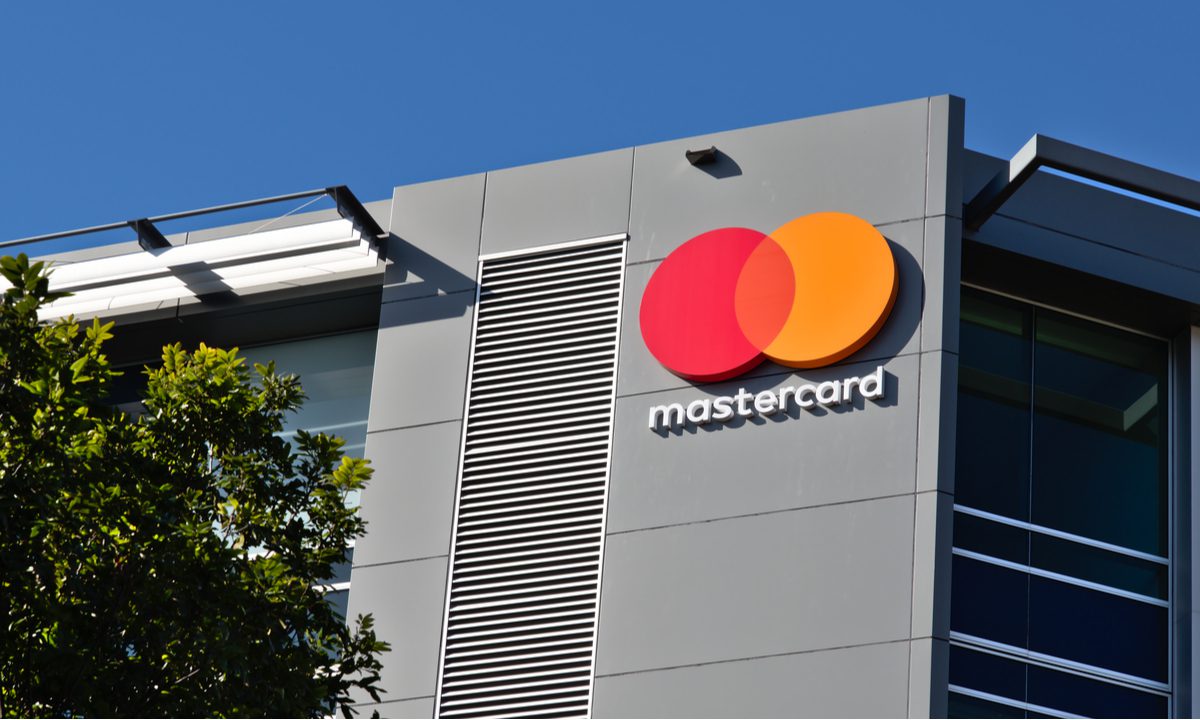Mastercard Incorporated (NYSE: MA) reported better-than-expected earnings for the second quarter as consumer spending remains robust amidst a turbulent economy.
The company’s diluted earnings for the three months ending in June reached $2.89 per share, marking a 12.9% increase from the same period last year. This figure beat the Street consensus forecast of $2.82 per share.
Group revenues for Mastercard saw a rise of 14.75%, reaching $6.3 billion, beating analysts’ expectations of $6.18 billion. The company reported a 12% increase in gross dollar volumes and a 14% rise in purchase volumes.
“Our positive momentum continued this quarter. We delivered strong revenue and earnings growth supported by resilient consumer spending, particularly in travel and experiences, and continued strength in services,” said CEO Michael Miebach. “Cross-border travel volume showed strong growth again this quarter, reaching 154% of pre-pandemic levels.”
“We had several notable wins with key customers as our innovative products and differentiated services position us as a partner of choice,” he added.
Following the earnings release, Mastercard shares saw a slight increase of 0.1% in early trading Thursday, reaching $402.83 per share.
Earlier this week, rival Visa Inc. (NYSE: V) also reported strong earnings of $2.16 per share, slightly above the Street forecasts. Visa group revenues jumped by 11.3% to $8.1 billion. Visa reported a 17% increase in cross-border spending volume, with payments volume up by 10% on a constant-currency basis.
On the other hand, American Express Company (NYSE: AXP) missed Street revenue forecasts last week. The company reported earnings of $2.89 per share for the three months ending in June. This represents a rise of 9.31% from the same period last year. However, it fell short of the Street consensus forecast of $2.81 per share.
American Express had to set aside a much higher amount of cash to cover potential bad debts, which raised some concerns among investors.
Zabih Ullah is a seasoned finance writer with more than ten years of experience. He is highly skilled at analyzing market trends, decoding economic data, and providing insightful commentary on various financial topics. Driven by his curiosity, Zabih stays updated with the latest developments in the finance industry, ensuring that his readers receive timely and relevant news and analysis. Read Full Bio










